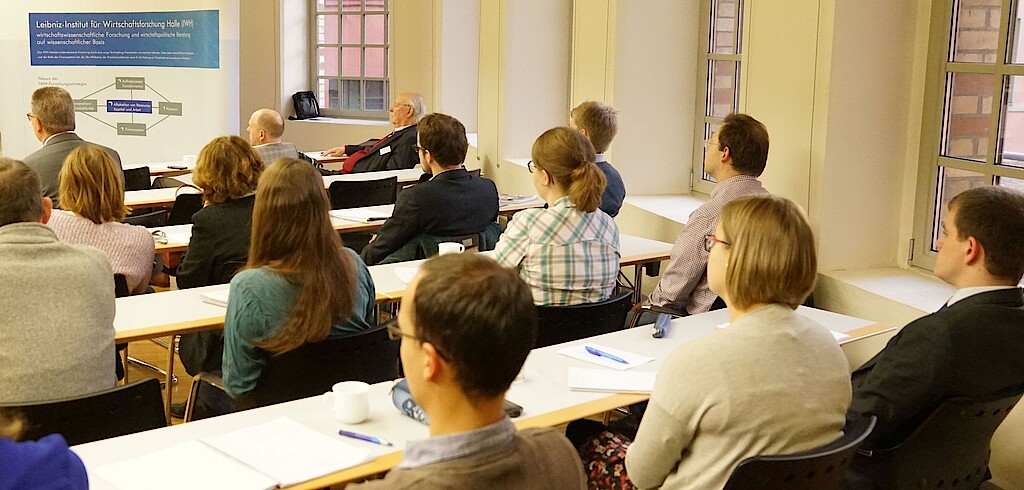
14:15 - 15:45
Integrated Intermediation and Fintech Market Power
We document that in the US residential mortgage market, the share of integrated intermediaries acting as both originator and servicer has declined dramatically. Exploiting a regulatory change, we show that borrowers with integrated servicers are more likely to refinance, and conditional on refinance, are more likely to be recaptured by their own servicer.
Wer
Wo
To join the lecture via Zoom, please register here.
We document that in the US residential mortgage market, the share of integrated intermediaries acting as both originator and servicer has declined dramatically. Exploiting a regulatory change, we show that borrowers with integrated servicers are more likely to refinance, and conditional on refinance, are more likely to be recaptured by their own servicer. Recaptured borrowers pay lower fees relative to other refinancers. This trend is partially offset by a rise in integrated fintech originator-servicers, who recapture at higher frequency but at worse terms. We build and calibrate a dynamic structural model to interpret these facts and quantify their impact on equilibrium outcomes. Our model suggests that integreated intermediaries enjoy a marginal cost advantage when refinancing recaptured borrowers, and fully disintegrating them would reduce refinancing frequencies and increase fees. Fintechs use technology to reacquire customers and reduce borrower inertia against refinancing. This endogenously creates market power, which fintechs exploit through higher fees. Despite worse terms ex-post, fintechs increase consumer welfare ex-ante by increasing refinancing frequencies. Taken together, our results highlight the importance of intermediaries’ scope in consumer financial outcomes and highlight a novel, quantitatively important application of fintech: customer acquisition.
Ihr Kontakt

Wissenschaftliche Mitarbeiterin
Für Rückfragen stehe ich Ihnen gerne zur Verfügung.
+49 345 7753-753 Anfrage per E-Mail



